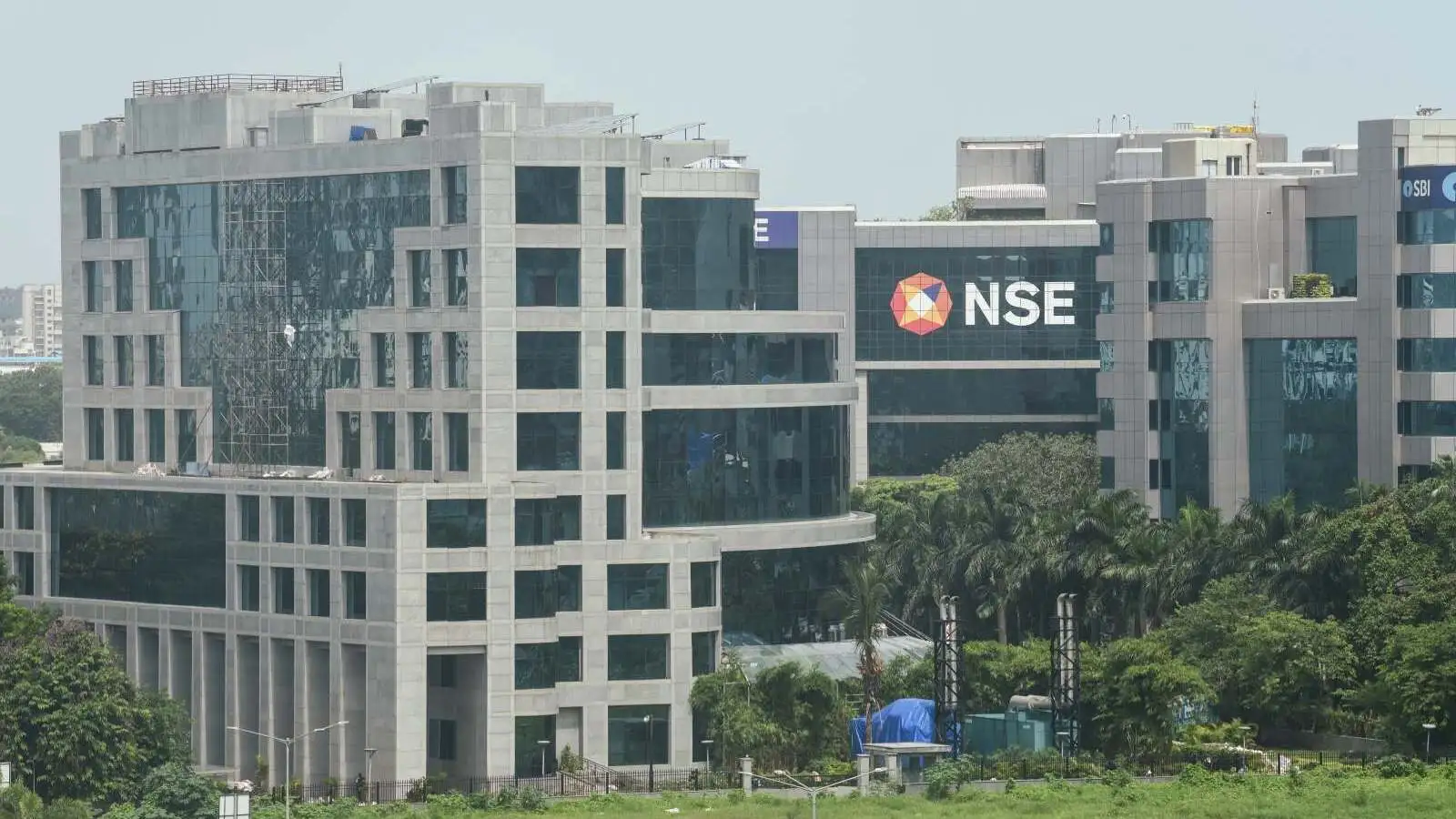Market News
Majority of Indians are long-term investors; market disruptions arise from geopolitical shifts: NSE CEO

3 min read | Updated on March 28, 2025, 22:39 IST
SUMMARY
India's stock market is largely driven by long-term investors, with only 2% of the 110 million participants actively trading in derivatives, said NSE MD and CEO Ashish Kumar Chauhan. Speaking at a panel in Singapore, he dismissed the notion that speculation dominates Indian markets.

The NSE chief cited India's booming startup ecosystem and the rise of micro-IPOs as proof that wealth creation is no longer restricted to large financial institutions. Image | Shutterstock
Majority of Indians are long-term investors as only 2% actively trade in derivatives out of the 110 million market participants, National Stock Exchange (NSE) MD and CEO Ashish Kumar Chauhan has said.
This suggests the growing culture of disciplined, sustainable investment in the country.
"Out of 110 million market participants, only 2% actively trade in derivatives. The majority are committed to long-term investing,” he stated.
At a recent panel discussion in Singapore, he dispelled the notion that India's stock market is driven primarily by speculative trading.
According to a statement issued by the exchange, Chauhan provided deep insights into the evolving financial landscape, the rise of technology-driven capitalism, and the increasing complexities of global markets.
He redefined conventional perspectives on financial stability, asserting that volatility is not a weakness but an inherent feature of economic progress.
Chauhan argued that market disruptions often result from geopolitical shifts rather than purely economic factors. "Geopolitics eats economics for breakfast," he remarked, highlighting how international power struggles are reshaping financial markets in unpredictable ways.
One of the most striking themes of his address was the emergence of "Capitalism without capital." Traditionally, wealth creation depended on large financial investments, but Chauhan pointed out that technological advancements are rewriting the rules.
"With AI, blockchain, and digital platforms allowing businesses to scale with minimal capital, the economic model is shifting away from traditional capital-intensive structures," he said.
The NSE chief cited India's booming startup ecosystem and the rise of micro-IPOs as proof that wealth creation is no longer restricted to large financial institutions.
He also highlighted the increasing threats posed by cyber warfare in financial markets. He revealed that stock exchanges are under relentless attack from cybercriminals, underscoring the importance of digital security in the financial sector.
The rise of deepfake technology has further complicated this landscape, with fraudulent videos manipulating investor sentiment and threatening financial integrity. He stressed the need for regulators and institutions to stay ahead of these evolving threats to maintain trust in capital markets.
Regarding the future of global currencies, Chauhan stated that despite speculation about alternatives, the US dollar will continue its dominance.
"After World War II, the US meticulously positioned the dollar as the world's reserve currency, and no other country is currently equipped to take on that role," he observed.
While economic shifts may challenge US influence, the fundamental structure supporting the dollar remains intact, making it the default choice for global trade and investment, the statement noted.
Majority of Indians are long-term investors; market disruptions arise from geopolitical shifts: NSE CEO
About The Author
Next Story

